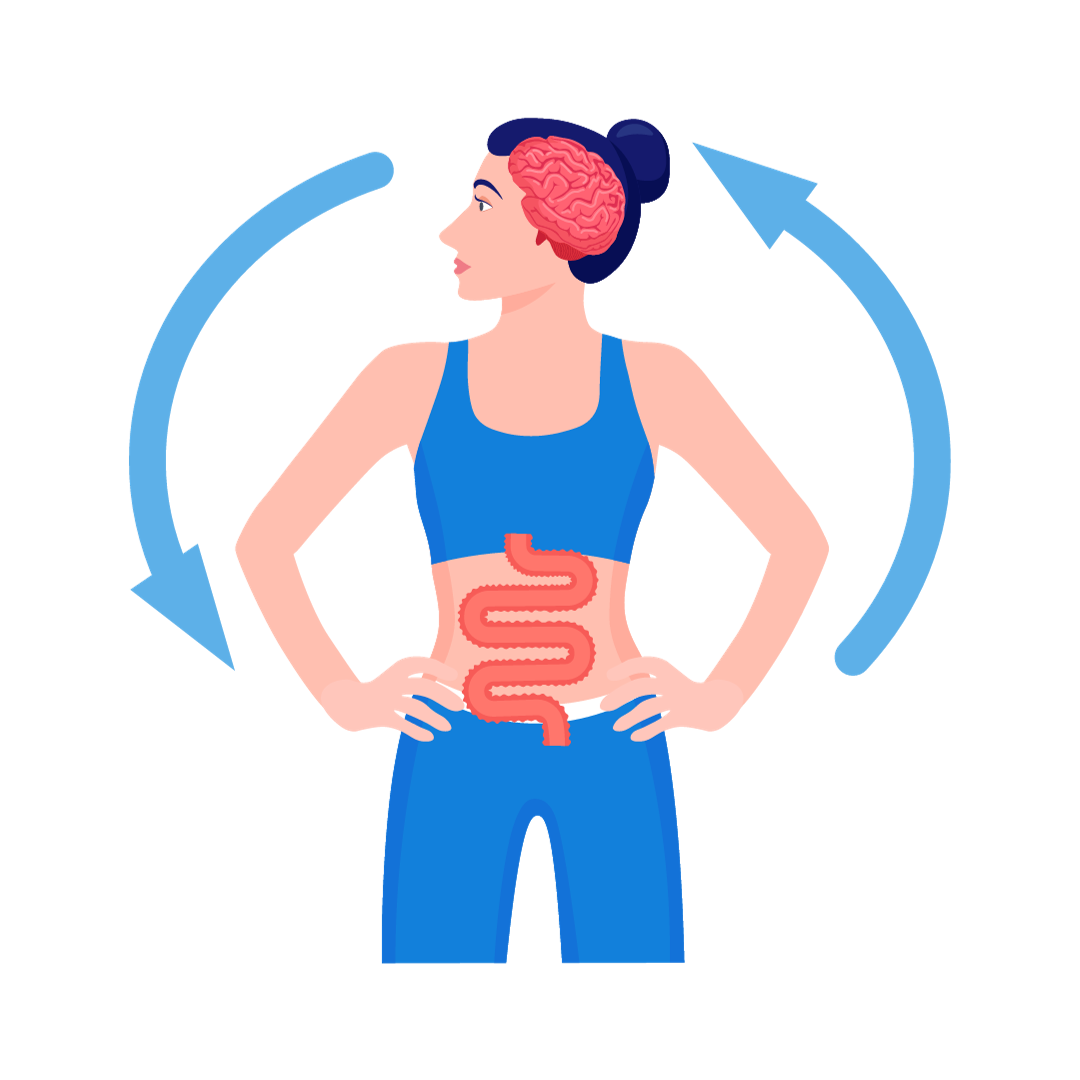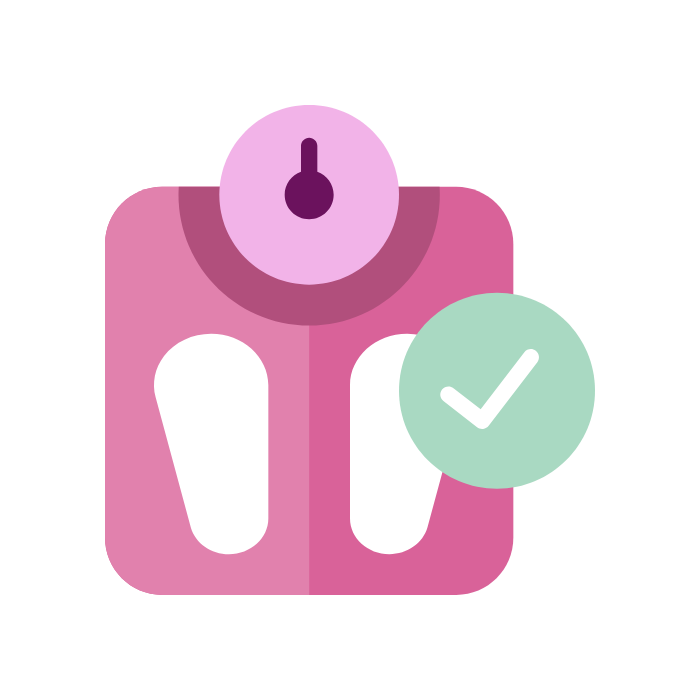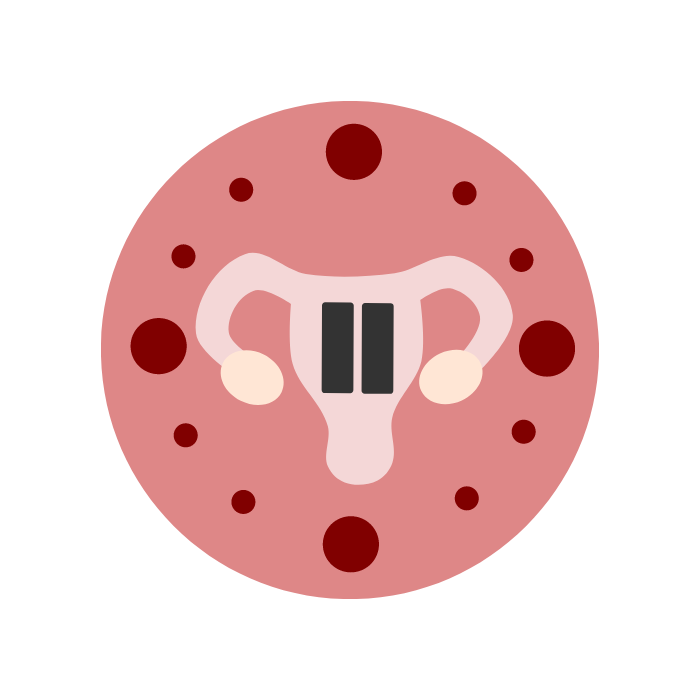
The year of 2020 has been full of surprises, to my surprise, I haven’t seen a new diet trend, which is probably a good thing. In this article, I want to talk about something that is not new to 2020 but you may still hear about it a lot, the so-called “keto” or ketogenic” diet. In 2019, it was widely publicized as the new golden key to achieve ideal nutrition. In essence, it advocates high fat as the main source of daily calories, while restricting carbohydrate intake. Proponents of this diet claim it can help you lose weight, lower cholesterol and improve brain function. Others are more skeptical. Is this diet really effective, healthy, or even safe? Let’s take a closer look.
The premise of the ketogenic diet is based on two factors: first, one needs to limit calorie consumption to a very low level (well below 1,500 cal for most people) in order to allow your body to utilize its own energy reserve; the next step is to restrict carbohydrate intake to deprive the body of glucose and force it to use an alternative molecule called “ketone” to generate energy. Since ketone is generated by breaking down fat, the process of ketogensis could burn more fat without breaking down muscle. In theory, this is possible. However, in order for this diet to work, one has to keep a daily total carbohydrate intake below roughly 20 to 30 gram to reach ketosis state. To put this into perspective, a medium-sized apple has 25 grams of carbs alone and a cup of almond or broccoli salad has 20 grams of carbs. Most of your calories would have to come from meat, egg, butter, oil, cheese, fish, and a few low-carb green vegetables, such as leafy greens, zucchini and broccoli, with very little fruit or other vegetable. Although it may produce a rapid weight loss over a couple of weeks, most people later gain back that weight because they simply could not keep eating like that. That kind of volatile “yo-yo” weight changes have been shown to increase mortality.
Other significant problems are also prone to arise through adopting the keto diet. Here are a few examples:
- In order to follow a high-fat and moderate-protein diet, one will most likely rely heavily on meat products, which is known to increase the risk of diabetes and heart disease.
- Given their reliance on fat calories, many people modify the keto diet and eat low-quality, processed, or fried food that contains high levels of harmful trans-fat which can cause cardiovascular diseases (called ”dirty keto”, this is not considered a true keto diet, which focuses on whole foods.)
- Eating too much green leafy vegetables could lead to bloating, cramping, gas, and constipation.
- A lack of fruit and a variety of vegetables frequently leads to nutrient deficiencies, and in order to compensate people have to take vitamins and mineral supplements.
- The Keto Diet in general is associated with numerous unpleasant side effects such as fatigue, bad breath, kidney damage, and sleep problems.
More importantly, based on all available clinical studies and epidemiology data, there is simply no hard data that has evaluated the long-term effect of the keto diet on the human body because there has never been a region or a society that has followed this diet over decades, let alone centuries. The two most cited research studies suggesting the weight loss benefit of a high fat-diet (which is not tantamount to the keto diet) both featured very small sample pools (120 individuals) measured across a very short follow up (12 months). In contrast, there were at least 20 large clinical trials with tens of thousands of participants over a much longer follow up time showing no benefit of a high fat/low carb over low fat/high carb diet for long-term weight loss, cholesterol-level reduction and the risk of heart disease. Similarly, there has been no long-term study so far to show any positive effects of the keto diet on cardiovascular disease risk or brain function (although research indicates possible benefits for specific brain disorders).
The bottom line is, the keto diet may help you lose weight quicker in the short term; however; the long term benefits of this diet remain elusive. Anyone who is considering a keto diet must set a strict limit on his or her daily calorie count. Keep in mind, drinking a bottle of 350 calorie butter coffee may not be that harmful, but doing it without cutting back on other calorie consumption will sure make you gain weight.
When seeking a healthy diet, one should adhere to tried- and- true nutritional advice, which is to limit total calorie intake to accord with our daily needs, choose whole foods rather than their refined and processed counterparts, replace red meat with more plant-based foods, and moderate our intake between balanced food sources. While meeting all of these requirements would be difficult on a strict keto diet, there are lessons we can learn from it. For example, it is becoming clear that fat is not the diet enemy we once thought (although it is still best to avoid saturated fats).
At Karviva, we strongly advocate implementing such a low-calorie and balanced nutrition plan from whole plant foods without any added sugar or food extracts, this is the formulation approach I took for the Karviva Avo-Keto prebiotic & protein smoothie, to encourage keto fans to consume fiber and good fats to keep themselves healthy while achieving proper weight control goals. For more information and even help shaping your optimal nutritional plan, please visit us at karviva.com



















